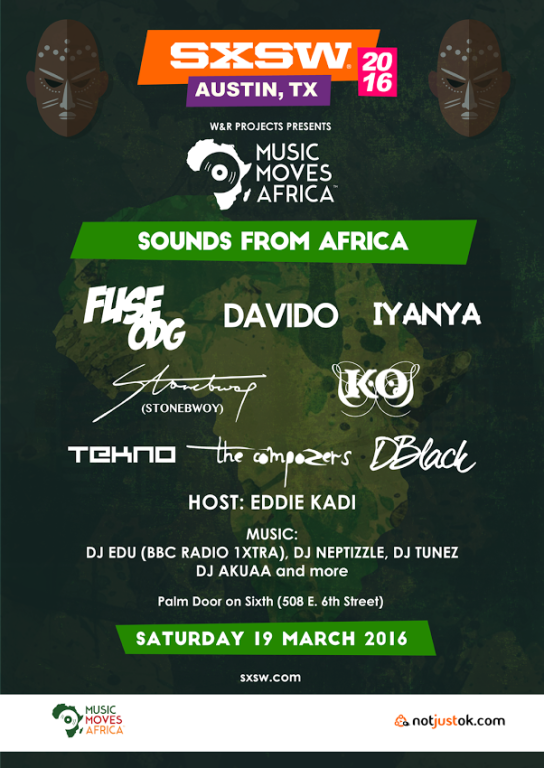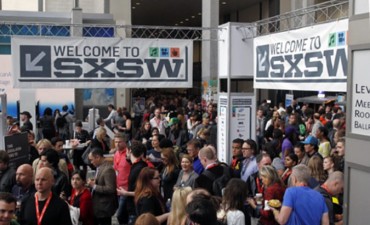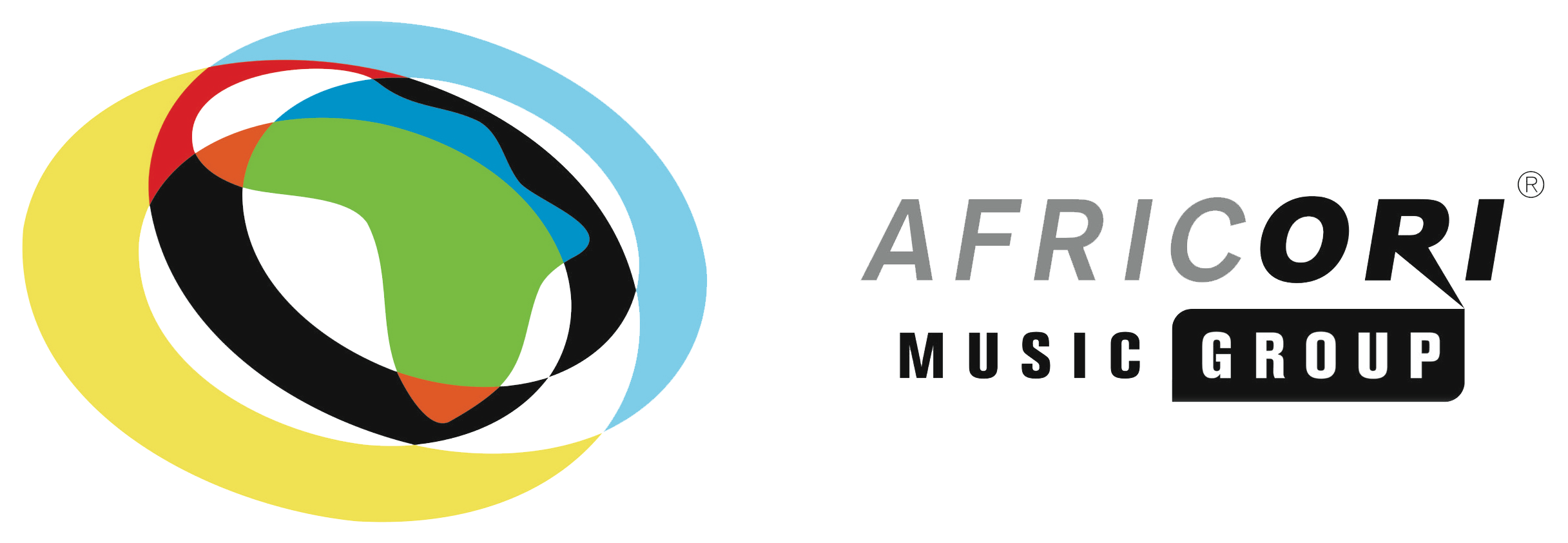13 Apr News: Making the case for growing Nigeria’s Music Industry
Austin, Texas – SXSW is massive! Annually in March, the 29-year-strong festival, divided into three legs – film, music and tech – crams upwards of 72000 attendees from around the world into downtown Austin, Texas for a heaving ten days of festivities. Only over the last five years has mainstream Africa-based talent begun to showcase officially amongst the thousands of billed artists.
Music Moves Africa was the sole stage dedicated to just African music this year. Here, on the final Saturday night of the music festival, hundreds of mostly African revelers packed out the Palm Door on Austin’s infamous 6th street, dancing and shouting along euphorically to the evening’s selection of leading DJs and performing artists from the UK, Nigeria, Ghana and South Africa.

As of June 2015, Texas was home to an estimated 376000 first and second generation Nigerians, who make up the largest African community in America.
Among them was Ademola Ogundele, Atlanta-based CEO of Nigeria’s leading influential music site Not Just OK which he says, speaking to CNN, started as a modest blog born from a personal longing to share the Nigerian music and lifestyle he had left behind when he came to settle in the US in 1999. “I noticed that the songs from Nigeria were starting to sound better than I remembered,” he recalls. “It became a full-blown site in 2007 after I noticed a traffic spike from a video I uploaded of (Nigerian artist) 9ice’s live performance at Nelson Mandela’s 90th birthday.” Today, Not Just OK, which doubles as a music distributor, registers a staggering 6 million monthly users, on trend with the expanding digital class of young Nigerians.
Before songs break on radio and television in Nigeria, they build buzz via tastemaker sites like this, thanks to an active and growing Internet user population. (Internet penetration in Nigeria is said to be at 46.1 % of the total population 186,987,563)
“The idea was to make Nigerian music popular and accessible online,” Ogundele says. “Today, that has been accomplished and the next task is to figure out how to help artists monetize their content online.”
 Two days before, NotJustOK chaired a panel at the SXSW conference overviewing Nigeria’s music business. Sony Music Entertainment, newly re-opening up shop in Nigeria to serve the West African region after a 14-year hiatus, was represented in the discussion by its Lagos-based General Manager Michael Ugwu. South Africa, the only country in Africa where most of the world’s major labels are based was where the affairs of Nigerian musicians such as D’Banj were handled remotely. “The previous arrangement of doing business from afar was not yielding the positive growth we believe the market has to offer,” Ugwu explained to CNN. “This is part of a long-term strategy to establish a physical presence in Nigeria, based on the convergence of a number of positive indicators in Nigeria’s economy and positive signs in the music industry.” Kenya is next in line to acquire its own bricks and mortar headquarters for East Africa once the process of registering to do business in Nairobi is complete.
Two days before, NotJustOK chaired a panel at the SXSW conference overviewing Nigeria’s music business. Sony Music Entertainment, newly re-opening up shop in Nigeria to serve the West African region after a 14-year hiatus, was represented in the discussion by its Lagos-based General Manager Michael Ugwu. South Africa, the only country in Africa where most of the world’s major labels are based was where the affairs of Nigerian musicians such as D’Banj were handled remotely. “The previous arrangement of doing business from afar was not yielding the positive growth we believe the market has to offer,” Ugwu explained to CNN. “This is part of a long-term strategy to establish a physical presence in Nigeria, based on the convergence of a number of positive indicators in Nigeria’s economy and positive signs in the music industry.” Kenya is next in line to acquire its own bricks and mortar headquarters for East Africa once the process of registering to do business in Nairobi is complete.
Back at home though, sobering economic conditions prevail with the continent’s leading economies in apparent freefall. On a micro level the decline of music sales across formats is not just a challenge in the West. Internet costs, while slowly reducing as more capacity-building fibre optic cables are installed, are still nowhere near competitive. For most users, connectivity is still spotty. The scourge of piracy which crippled Sony’s physical CD sales and eventually sent the label packing in the 80s still needs to be addressed.
 Just like Not Just OK, Sony’s immediate challenge is monetizing recorded music content belonging to artists, for whom it is now an accepted industry norm to record songs that are purely incidental to their main source of income – live performance and brand endorsements. It was the multimillion dollar success story of Caller Ringback Tones – a phenomenon which never really took off in the West but has been wildly popular in several African countries, that lured Sony Music West Africa into re-entering the region and informs their mobile-first approach. Leading Nigerian telco’s have cited up to one billion Naira per annum in CRBT revenue with a view to doubling this in 2015/16 in partnership with major labels such as Sony. The demand for these non-traditional music products are starting to plateau in Africa as more services like Deezer, Apple Music and local players Simfy et Spinlet offer actual songs for download. In 2013, over 10 million smart devices worth 197 Billion Naira were sold in Nigeria. Mobile Internet subscribers are expected to balloon from 7.7 million then to 50.4 million in 2018. MTN Music Plus, the Nigerian music content service belonging to the largest telecom company in Africa is performing particularly well with a subscriber base of 2.5 million paying users through whom artist and label revenue is generated.
Just like Not Just OK, Sony’s immediate challenge is monetizing recorded music content belonging to artists, for whom it is now an accepted industry norm to record songs that are purely incidental to their main source of income – live performance and brand endorsements. It was the multimillion dollar success story of Caller Ringback Tones – a phenomenon which never really took off in the West but has been wildly popular in several African countries, that lured Sony Music West Africa into re-entering the region and informs their mobile-first approach. Leading Nigerian telco’s have cited up to one billion Naira per annum in CRBT revenue with a view to doubling this in 2015/16 in partnership with major labels such as Sony. The demand for these non-traditional music products are starting to plateau in Africa as more services like Deezer, Apple Music and local players Simfy et Spinlet offer actual songs for download. In 2013, over 10 million smart devices worth 197 Billion Naira were sold in Nigeria. Mobile Internet subscribers are expected to balloon from 7.7 million then to 50.4 million in 2018. MTN Music Plus, the Nigerian music content service belonging to the largest telecom company in Africa is performing particularly well with a subscriber base of 2.5 million paying users through whom artist and label revenue is generated.
Nigerian chart-topping Afro-pop star Davido, delivered two highly anticipated energetic sets, fresh off a media blitz just weeks prior in which it was announced that he had just inked a million-dollar deal with Sony Music International. It’s a landmark move demonstrating Sony’s commitment to making a global star of the 23-year-old whose consistent hit rate has made him one of the most sought after acts on the continent, but whose profile is yet to make a dent in the mainstream west they clearly have designs on. And to pull it off they need all hands on deck, starting with the emerging movement of Afrobeats fans whose trajectory has for the most part been funnelled between Nigeria, Ghana and the UK over the last 8 years, and is increasingly drawing US- and Caribbean-based Diasporans to the fold.
Ironically, the absence of international major labels in Nigeria is what fostered the demand for localized music. Without enforceable copyright infrastructure they stayed away, forcing the market to look inward and nurture its own stars. Over a decade, the dominant popular music is Nigerian not only in Nigeria but increasingly so in other parts of the continent for better and for worse. Today, the local to international quota for music on radio is 80 to 20. While a previously dictated quota system might have to do with this, it is clear that a new generation of music fans want music made by artists who they feel connected to. Artists like Davido, known to command show fees to the tune of 70000 dollars, and sell out stadiums from Abidjan to Kinshasa.
For Ugwu, it’s an investment which will yield returns slowly but surely. “Africa as a whole hasn’t been tapped for its creativity. We have seen global stars from the Caribbean like Pit Bull and Sean Paul. We don’t have an equivalent for Africa. We won’t necessarily profit straight away. Its about investing in culture. It’s about riding what could be a wave that leads to other things.”
Check out some of the Nigerians making global waves in our ‘Kings Of Africa’ Playlist below.


Désolé, le formulaire de commentaires est fermé pour le moment.